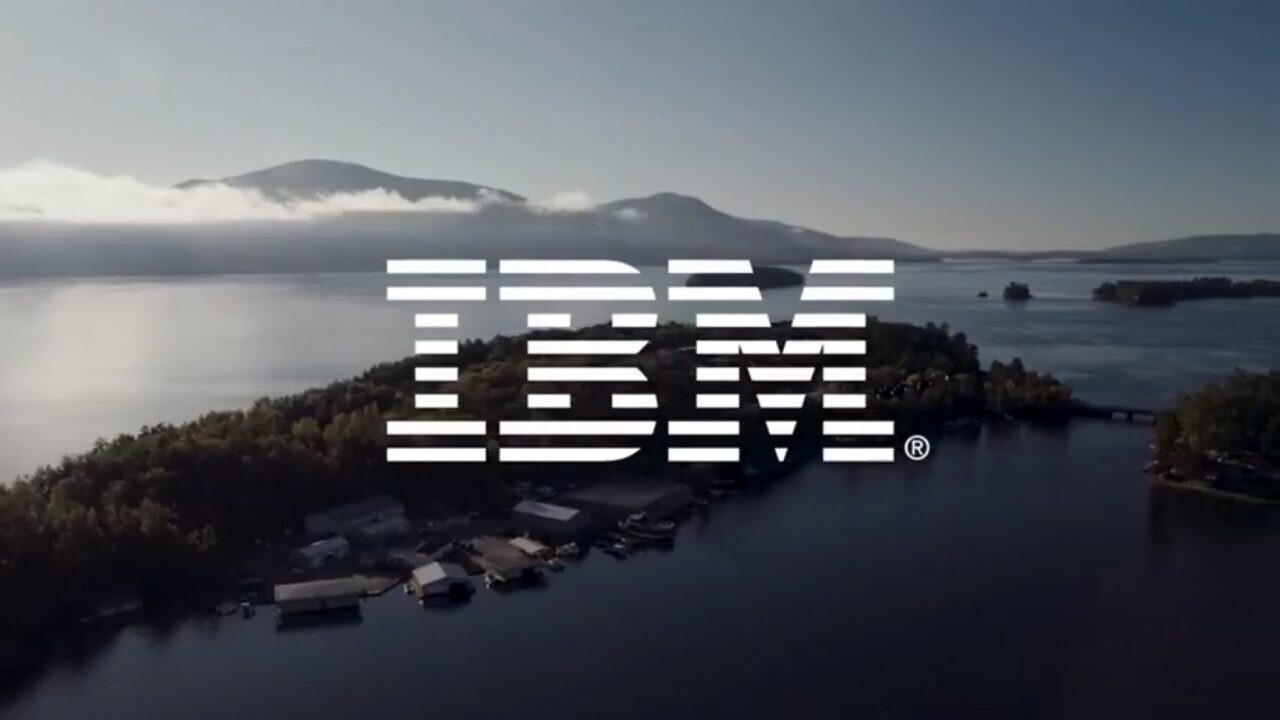
IBM and 42 Silicon Valley are hosting a hackathon in early May to come up with solutions to California’s wildfire problem. The company hopes to get developers, engineers, designers, and emergency-responders together to brainstorm solutions as part of its annual Call For Code challenge.
The Call For Code Global Initiative, founded by IBM and David Clark Cause, is an annual challenge inciting technologists to use cutting-edge technologies to deal with natural disasters. Now in its second year, it asks for STEM-minded people around the world to participate in driving solutions to problems associated with natural disasters.
Which brings us to the wildfire problem. California suffered an unprecedented number of wildfires in 2018 — more than 8,000 burning an area of almost two million acres. In dollars, the wildfires caused about $3.5 billion, but the greatest toll was in human lives: more than 100 people died last year as a result of the California wildfires.
IBM believes STEM workers and first responders who live and work in the areas affected have unique perspectives on the problem. That’s why, on 4 May, the company and 42 Silicon Valley invite anyone interested in joining the challenge to attend the hackathon to “work on projects around Natural Disaster Preparedness and Relief during wildfires with a focus on community health and well-being.”
Omkar Nimbalkar, Vice President, Client & Partner Developer Advocacy, IBM Cognitive Applications told TNW:
We are hoping for solutions that not only inform people with real-time event updates impacting their region, but ones that help save lives ahead of and in the aftermath of disasters. Artificial intelligence, AI-powered chatbots and natural language processing (NLP) could be used to improve real time communications between first responders, victims, relief agencies and more.
In 2018 more than 100,000 people across the globe participated in the Call For Code challenge, with Project Owl winning the Call For Code Global Award for creating an offline emergency communication system. But even those who don’t walk away with the grand prize have the potential to illicit change. According to Nimbalkar:
Last year’s hackathon at 42 Silicon Valley produced Project Lali, one of the finalists in the Call for Code 2018 Global Challenge. This solution can help predict and detect wildfires with low-cost Internet of Things (IoT) sensor networks. Project Lali helps firefighters accurately monitor the spread of a fire and plan how to contain it. In order to take a huge leap forward in effective disaster response, we must tap into the global developer ecosystem to generate sustainable open source solutions we can scale and deploy in the field. But we cannot do it alone. It is only by working with partners like the American Red Cross, David Clark Cause, United Nations Human Rights, and the Linux Foundation that we can see these technologies really come to life.
This year, the winner will receive a cash prize in the amount of $200K as well as the award. But, more importantly, the grand prize winner will be given the opportunity to receive mentorship from IBM experts and potential company funding through its Code and Response effort.
The May 4 event is one of many satellite events being held in conjunction with the 2019 Call For Code Challenge. Admission is free for those who wish to participate. For more information and tickets check the event registration page here.
TNW Conference 2019 is coming! Check out our glorious new location, inspiring line-up of speakers and activities, and how to be a part of this annual tech bonanza by clicking here.
Get the TNW newsletter
Get the most important tech news in your inbox each week.





